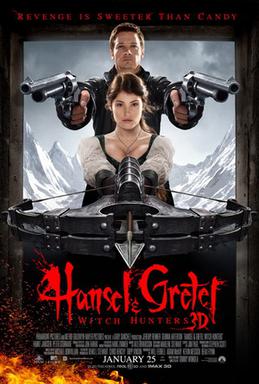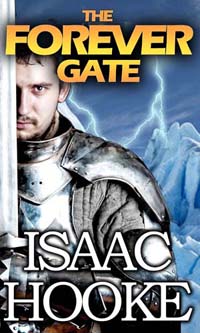For many indie authors, marketing and self-promotion, I think, can make our guts squirm like too many dyspeptic squid inside a fishbowl. For some it is merely daunting, for others it is a billboard-sized map without a legend or north arrow and written in a language we don’t speak. We all know there is a ton to do, but few of us have a game plan for how to do it, and even fewer of us have much desire to cut into our valuable and hard-fought-for writing time to actually make it happen.Remember when you were a kid and the only way to get through a horrible side dish that your parent prepared was by cutting it into the smallest bites possible so that you could swallow it without it ever touching your tongue? That is the same approach you can take to marketing and self-promotion. Small, digestible chunks that require minimal exposure.Below I have compiled a list of small bites for the discerning and finicky palettes of non-marketing-oriented writers. Putting in a half hour a day to tackle each is an easy and mostly painless strategy for plugging your books. I can’t guarantee you that each will net you the kind of exposure and sales you’re hoping for, but the aggregate of each day’s efforts will certainly get you farther down that path than the familiar comfort of procrastination.
List of Marketing and Promotion Tools for the Indie Author
Hone your elevator pitch.
Search for upcoming writer’s conferences to attend. I’ve participated and thoroughly enjoyed both the Willamette Writers Conference and the Rocky Mountain Fiction Writers Conference, but there are gads more. Conferences are a superb way of meeting like-minded people, making wonderful friends, and connecting with others in the industry from whom you can learn.
Write a template for making a book review request. Remember to customize this for each individual person you’ll make a request to. Here’s a good starting place on Stephanie Loree’s blog. And another article on Amazon.
Search for a book reviewer on Twitter, Wordpress, Blogger, or Amazon, then send them your request. Here are my Twitter lists of reviewers. List one. List two.
Enter a contest. Here are just a few. (Note: I’m not endorsing any of these as I’m not familiar with all of them. Just food for thought.)
The Kindle Book Review Best Indie Book Contest (my favorite because my first novel, Contract of Defiance, was a finalist last year, and my second, Contract of Betrayal, was just announced as a semi-finalist today).
A list from the San Francisco Book Review.
Step one: Join Unbound, Pubslush, or Kickstarter to raise money and hire a PR manager. Unbound and Pubslush are like Kickstarter, but for writers only.
Step two: Write/develop an Unbound pitch and/or Kickstarter campaign to raise funds for hiring a PR manager.
Enter your books (if they are science fiction), on ScifiKindle for some free social networking promotion.
Send a personal tweet on Twitter to fans of your genre. Make requests of your writer friends to tweet your book.
Create a letter to successful writers in your genre to request a book blurb/endorsement. Remember to customize this for each individual person you’ll send your request to.
Search for writers in your genre (if you don’t already have a list), and send them your personalized request.
Update your LinkedIn profile with your publications, and search the site for promotional groups to learn how others are doing it and gain/give support. Here’s my LinkedIn profile.
Make book cards/coupons to give away whenever the opportunity presents itself. Try Livrada, Greenerside Digital, or review this list at MediaBistro.
Join message boards of fans in your genre to engage and, when the time is right, introduce your books.
Update your blog with a new post about what you’re working on.
Create an email newsletter. Molly Greene has a few excellent posts about this on her blog. And here's another from author Steena Holmes on the Writers in the Storm blog.
Design a contest or giveaway that focuses on increasing your readership and find a date on your calendar to run it.
Invite writer friends to join a blog hop.
Suggest writing a guest post for someone else who's blog you follow or relates to your genre.
Submit a book to BookBub or StoryBundle.
Find out how to organize a book reading at your local library, bohemian coffee shop, or bookstore.
Create bookmarks or business cards to promote your book.
Search for Facebook groups where authors are free to plug their books, then plug yours. And create a Facebook page.
Join Goodreads and list your books.
And this is just for starters. Navigating the promo planet is tricky, but not impossible, and every small step forward will eventually lead you to your destination. If you’re also an indie author, please feel free to share your wisdom. What other methods and techniques have you tried? What’s worked and what hasn’t?Here's another great post on the subject over at David Gaughran's blog.





 [Before jumping into the review, I thought I'd let you know about a short blurb on writing I did at the awesome and talented writer
[Before jumping into the review, I thought I'd let you know about a short blurb on writing I did at the awesome and talented writer 


 L.W. Patricks is the author of SHADOW OF WRATH and the literary architect behind the upcoming Sins of the 7 series with Book One: AWAKE THE GHOSTS to be published late 2013.His short fiction works has been published by Crow Toes Quarterly Magazine, Fiction and Verse literary magazine, and upcoming Denizens of the Dark. He enjoys writing contemporary fantasy with an emphasis on creating urban mythology for his stories.L.W. Patricks was born in Toronto, Ontario where he graduated from University of Toronto's Fiction Writing course. He has travelled all over the world including Germany, Netherlands, Italy, France, Spain, Czech Republic, Austria, United Kingdom, Thailand, Hong Kong, Cambodia just to name a few. His diverse experience amongst other cultures provides inspiration for his stories.He currently lives in Toronto with his wife where he enjoys the hot summer days and the cold winter nights.You can visit him at his website at
L.W. Patricks is the author of SHADOW OF WRATH and the literary architect behind the upcoming Sins of the 7 series with Book One: AWAKE THE GHOSTS to be published late 2013.His short fiction works has been published by Crow Toes Quarterly Magazine, Fiction and Verse literary magazine, and upcoming Denizens of the Dark. He enjoys writing contemporary fantasy with an emphasis on creating urban mythology for his stories.L.W. Patricks was born in Toronto, Ontario where he graduated from University of Toronto's Fiction Writing course. He has travelled all over the world including Germany, Netherlands, Italy, France, Spain, Czech Republic, Austria, United Kingdom, Thailand, Hong Kong, Cambodia just to name a few. His diverse experience amongst other cultures provides inspiration for his stories.He currently lives in Toronto with his wife where he enjoys the hot summer days and the cold winter nights.You can visit him at his website at 

